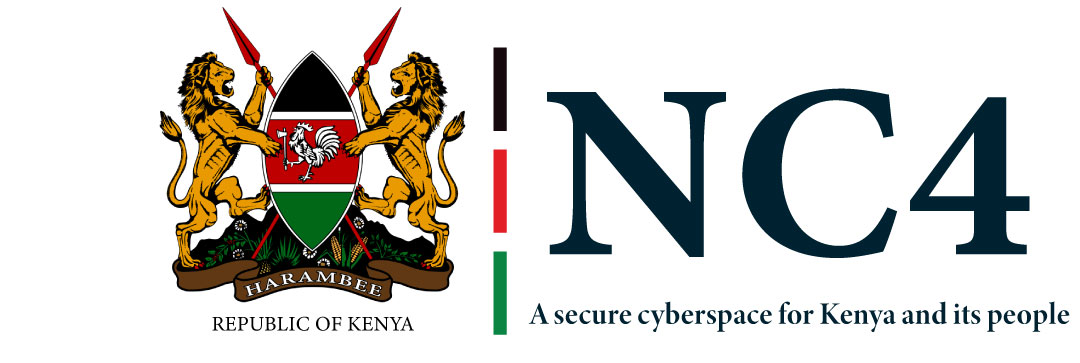Kenya continues to face the following cybersecurity risks and threats;
- Cyber warfare. Cybercriminals, both state and non-state actors, attack computer network systems with the intention of disrupting, damaging, and/or destroying infrastructure through computer viruses or denial-of-service attacks.
- Cyber Espionage. Cybercriminals in the cyber domain are using various means such as phishing to gain unauthorized access to government and organizational computer systems and networks in order to extract and exfiltrate valuable, critical, and sensitive information/data for political agendas, competitive advantage or financial gain.
- Sabotage. Critical Infrastructure, computer systems, and networks that support essential day-to-day operations are constantly being interfered with by cyber criminals with the intent to cause them to fail, thus denying, hindering, or disrupting vital services and operations.
- Cyberterrorism. Cybercriminals continue to conduct online radicalization of Kenyan youth and carry out targeted cyber-attacks against critical information infrastructure with the end goal being to achieve economic, political or ideological gain.
- Subversion. Cyber threat actors are deliberately distributing fake and unverified information via the internet in order to manipulate public opinion and undermine institutional stability, authority, efficiency, and effectiveness.
- Cyber Extortion. Cybercriminals continue to leverage on various tactics, such as using malware to hijack critical computer systems and networks in order to demand a ransom. Such actors also blackmail internet users by threatening to disclose sensitive or personal information unless certain demands are met.
- Organized Cybercrime. Organized cyber criminals including online scammers and fraudsters continue to conduct crimes through electronic fraud, and identity theft to exfiltrate sensitive data/information for malicious purposes.
- Online impersonation. Cybercriminals pretend to be someone else by assuming a person’s identity in order to access their personal social media accounts, bank accounts, personal and work mail. Such criminals also use a forged version of a genuine website to lure online users into visiting fraudulent websites.
- Cyberbullying/harassment. Malicious internet users leverage digital platforms including social media, messaging platforms, gaming platforms, and other digital technologies to harass, threaten or target other internet users.




